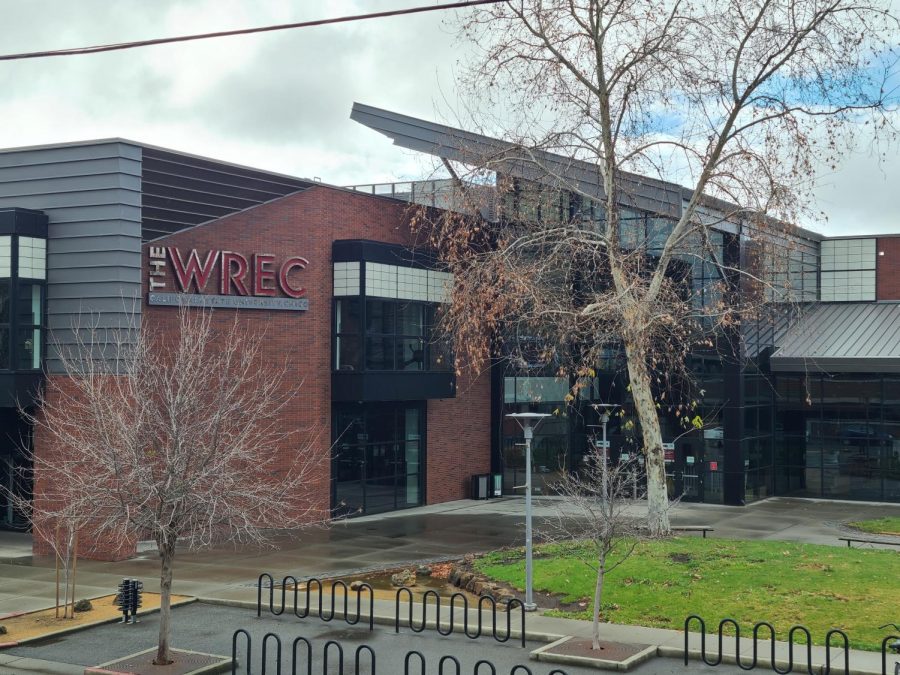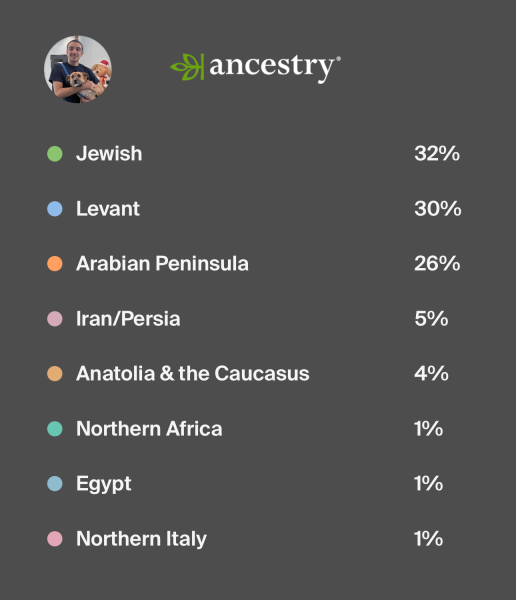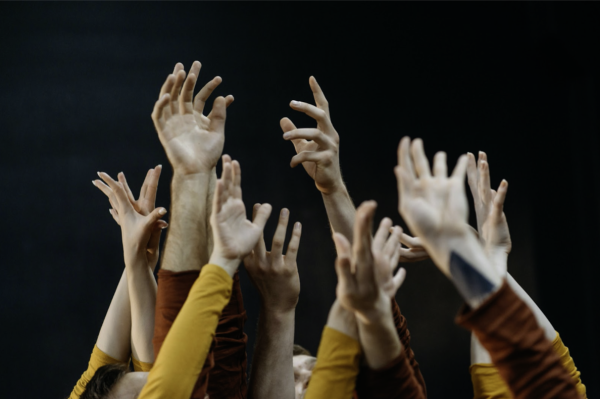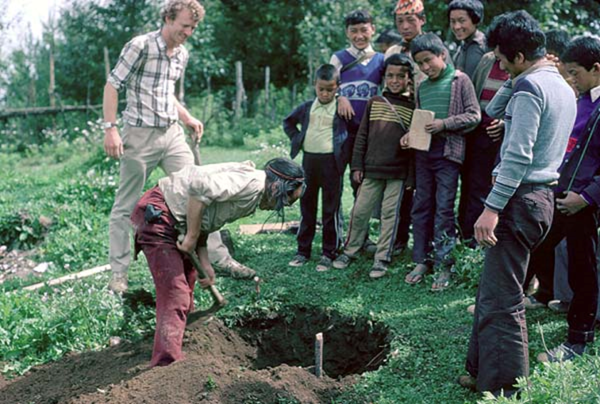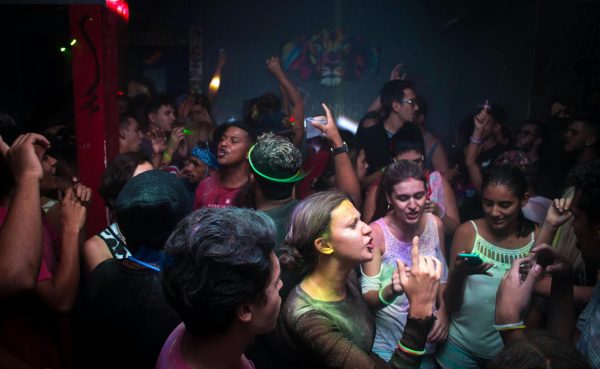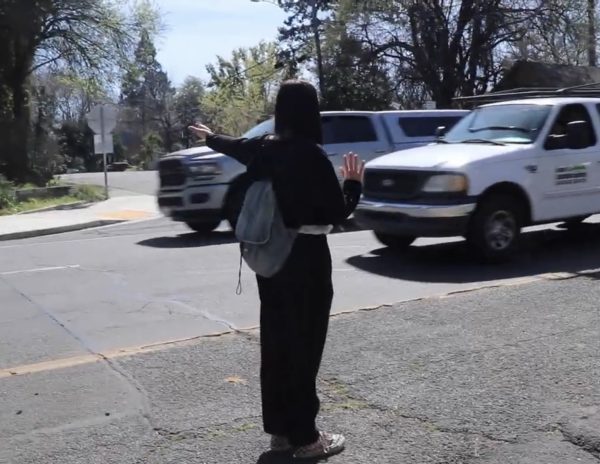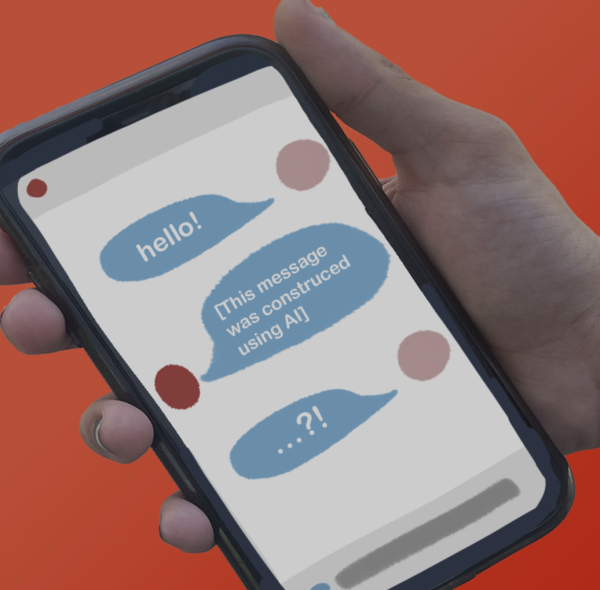Exercise smarter, not harder, during the pandemic
A view of the Wildcat Recreation Center from the new outdoor gym
We’ve all heard rumors about it, and many of us probably have it: “COVID weight.” The Boston Herald reported in December 2020 that 71 million Americans gained weight during the pandemic.
The pandemic has weighed heavy on both mind and body. Self-care is especially difficult nowadays. Fortunately, our bodies can trick our mind because the connection between exercise and mental health has long been grounded in science.
With the help of Chico State Associated Students, “WREC 2.0” is now reopened as an outdoor facility Monday-Friday, 11 a.m. to 7 p.m., in the 1st & Ivy Parking Structure.
Despite the flickering light of uncertainty, low-risk outdoor activities, home exercise and the Wildcat Recreation Center are beacons for student health. WREC Director Curtis Sicheneder has seen a drop in gym visits from about 2,200 students per day, pre-Covid, to an average of 1,000 students per week in fall. However, WREC remains committed to doing everything possible to support physical and mental health.
“Studies show that fitness reduces stress and improves health and sleep,” Sicheneder said, “all of which have a direct impact on student grades.”
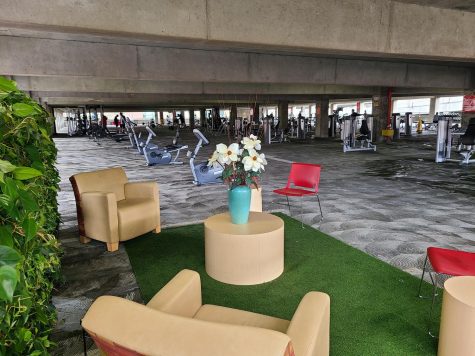
Riley Cox, a Chico State alumnus and Adventure Outings operations coordinator, agreed, attributing positive mental health to exercise. According to Cox and various research, students who spend more time at the gym show improvements to their GPAs.
The Adventure Outings equipment rental center remains open for students interested in outdoors gear, such as trekking poles and snow shoes. Nodding at Chico’s outdoor opportunities, Cox attests that “even seeing a photo of outdoors increases positivity.” Attributing recent outdoor excursions to stay-at-home frustration, Cox sees the outdoors as being important to health.
Collective intentions are here for motivation. Sicheneder encourages students to focus on reasons. “Maybe working out improves how you feel about yourself, improves your mental health, relaxes you, is your reward for a good study session,” said Sicheneder, “Just focus on your reason.” Since trips are temporarily ceased, Adventure Outings uses virtual tours and social media to help motivate students to do their own exploring.
Exercise releases brain chemicals called neurotransmitters. Neurotransmitters called endorphins were the subject of a 1983 study published in the Journal of Orthopaedic and Sports Physical Therapy. In understanding their role in response to stress, it was suggested that endorphins diminish our perception of pain.
In early 2020, health psychologist Kelly McGonigal, Ph.D., explained the benefits of exercise in UC Berkeley’s Greater Good magazine. McGonigal explained that endocannabinoids, the chemicals imitated by cannabis, are responsible for “runner’s high.” Endocannabinoids “increase dopamine in the brain’s reward system,” creating good feelings and linking with the ability to connect with others. The article also noted exercise’s ability to reduce drug-dependence in those with addictive disorders.
The mind-body connection is both threatened by and a remedy to pandemic-caused ills. A 2020 study in the Journal of Applied Psychology reviewed changes in depression caused by the pandemic. Two surveys, from 2019 to 2020, revealed a significant increase in depressive symptoms of 1,143 adults nationwide. These findings were one of many similar reports.
In December, 2020, the Mayo Clinic explained the low-risk benefits of outdoor activities amid the pandemic. Viral particles are less concentrated outdoors, decreasing the chance of spread, especially when social distancing takes place and masks are worn. Sunlight provides vitamin D, which is crucial for the immune system.
Whether you’re outdoors, at the gym or at home, consider planning exercise into your daily routine. Pushups between homework problems and jumping jacks between Zoom lectures are just examples of how you can start tricking your brain into feeling better.
Shae Pastrana can be reached at [email protected] and @PastranaShae on Twitter.








